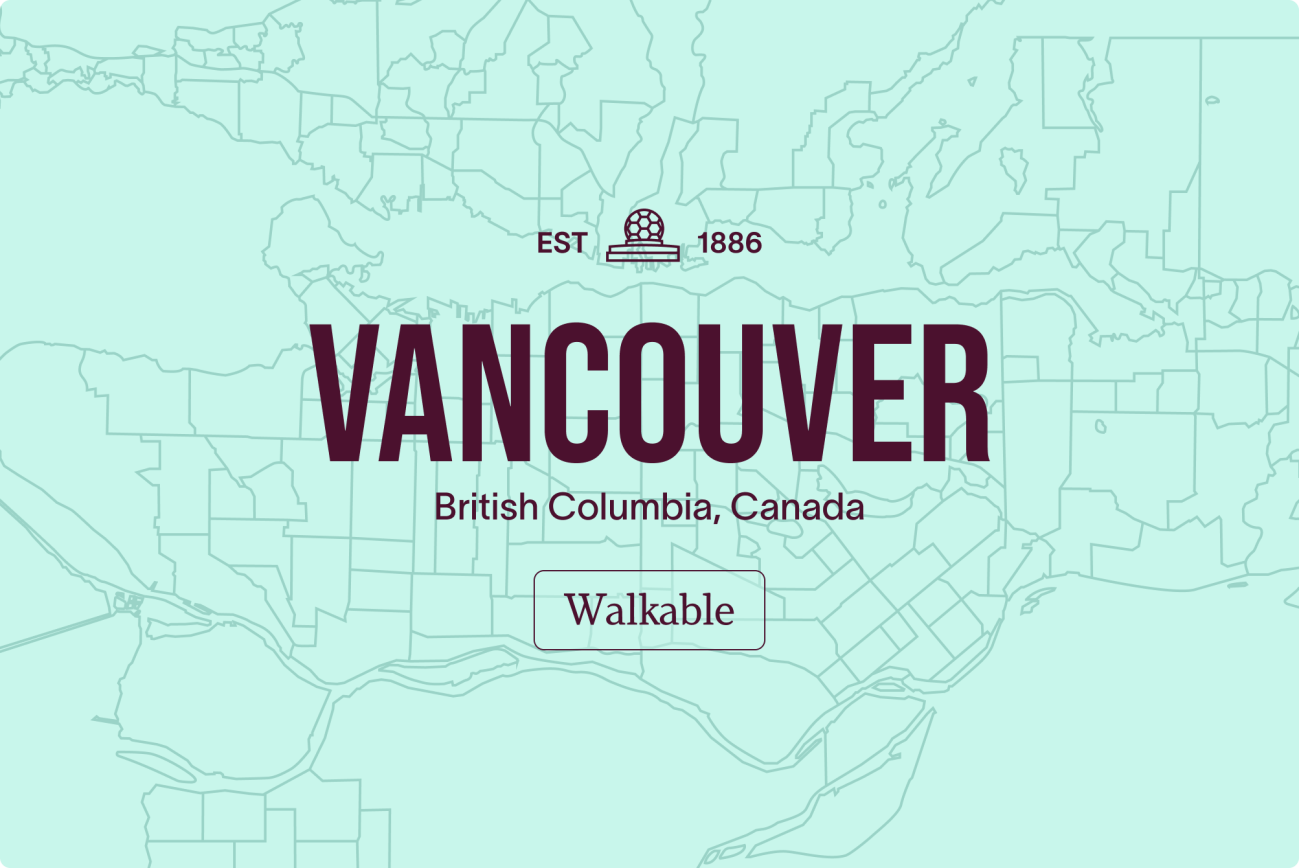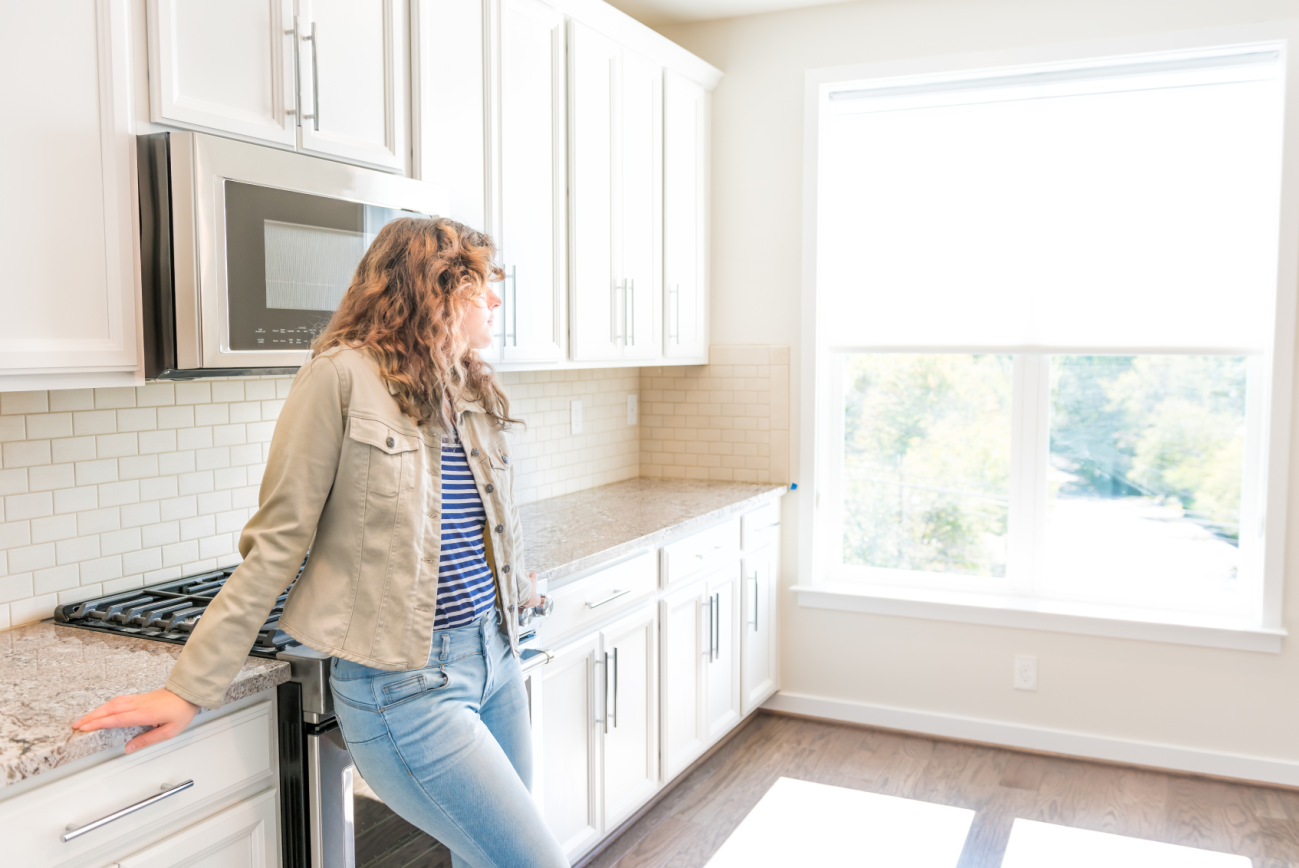Home ownership has long been recognized as one of the pillars of a successful adulthood. However, with market conditions as they are, you may be wondering whether it’s better to continue rent vs own a home. And the answer is not one-size-fits-all. By knowing the factors to consider, you can take your next step with confidence, whichever way that may be.
Renting vs. owning a home: Buying
One of the biggest benefits to home ownership is that the money you put in, including your monthly mortgage payment, goes toward your home equity. Home values tend to rise, so owning a home can be a great way to continually invest in your future. When you buy a home, you can also choose a fixed-rate mortgage so that you know exactly how much your monthly payments will be for a set period of time. There can be less predictability with a rental agreement because a landlord can hike the rent, depending on local bylaws. You also won’t see any return on your investment. Owning a home also gives you full control over your property. You can renovate and make any other modifications to turn your house into the home you want—and potentially increase its value if you decide to sell.
Renting vs. owning a home: Renting
Renting a home gives you more flexibility than owning. If your rental term ends and you want to move province, all you need to do is pack. Renting also allows you to move as your circumstances change, so you can try a new neighbourhood or upsize when you get a raise or grow your family. Your monthly rent will often be lower than the combined cost of property taxes and mortgage payments, so that may give you extra money to invest in a diverse stock portfolio or a retirement savings plan. Remember too that renting does not require a lump sum down payment that you’d need to buy, which is also money that you could potentially invest elsewhere to get a return. Renting also means that your landlord is responsible for any house repairs, so if your roof is leaking you won’t fit the bill.
Renting vs. owning a home: Factors to consider
Your personal goals, financial situation and where you want to live can help determine whether it makes more financial sense for you to rent or buy. Ask yourself the following questions first:
Can you afford to buy a home?
The first step is determining whether you are in a financial position to afford to buy a home. Many experts recommend that you have enough to allot 40% of your income toward your home costs. Mortgage pre-qualification takes only a few moments and will give you a good starting point to understand how much you may be able to afford, without a hard credit check. You can also talk to a financial planner to set clear expectations of what kind of mortgage you can expect to pay based on your credit score and how much you could put toward a down payment. After you’ve bought you want to ensure you have enough allocated aside to cover unexpected costs, since you will be responsible for repairs, maintenance and property taxes, yourself. Make sure that the financial weight of buying a home stacks up against your current financial health. If you’re not quite there yet, it may make sense to rent for longer to give you time to build a smart savings plan and improve your credit score before you buy.
What are your future plans and goals?
When you think about your future, where do you see yourself in the next five, 10 or 25 years? You’ll want to consider location, your career and any plans for a family. Buying a home can be a great investment if you’re looking for stability in the long term, whereas renting affords you more flexibility and can allow you to use any surplus cash to make investments elsewhere. Then consider how your goals could impact the type of home you buy.
Home ownership is a big financial commitment, and it’s generally advised to live in a home for at least five years if you want to make a profit. If you’re not sure which city you want to live in, value being mobile or you’re at a job you might not want to keep, it may make more sense for you to take advantage of renting for a little longer. If you’re in the middle of a big life change like a loss, a divorce or a new empty nest, make sure your goal to buy a home is something you really want and not a reaction to a current life event.
What are housing trends in your area?
If you want to buy a home in Vancouver or Toronto, you’re facing a very different housing market than you would in rural Manitoba or Freelton. Monitor the market you’re interested in by reading current market reports or asking local real estate experts for advice. Some secondary markets are seeing home prices rise at a rate comparable to those of major cities; but you may also be able to buy in a township that’s a short commute from work where home prices are more reasonable.
Is this the right time for you to buy a home?
Just because you don’t buy a home this year doesn’t mean you never will. The Canadian housing market is competitive, but by taking the time to ensure you’re financially prepared, monitoring your local market and assessing your personal goals, you can put your best foot forward.
Houseful is here for your next steps
From getting your keys to getting back on the market—and all the days in between—Houseful is here to help you keep an eye on the big picture. Let’s see what’s possible and take the next step toward fulfilling your home ownership goals. Visit houseful.ca.




